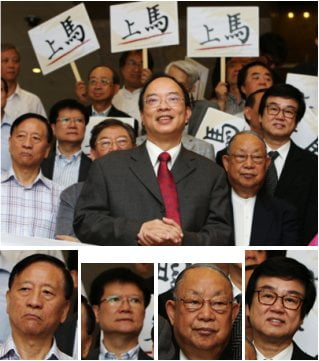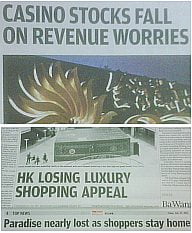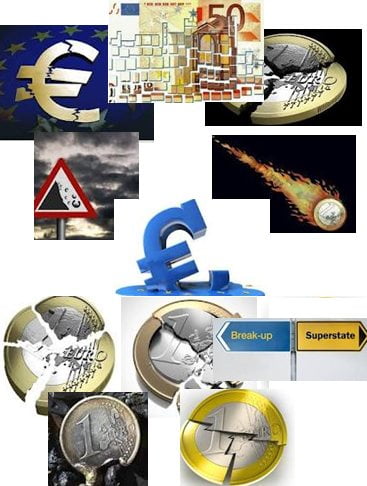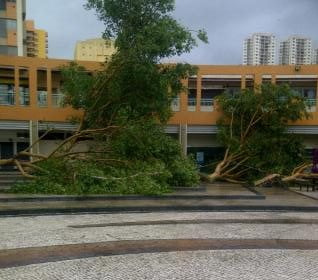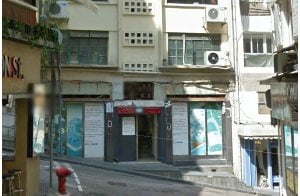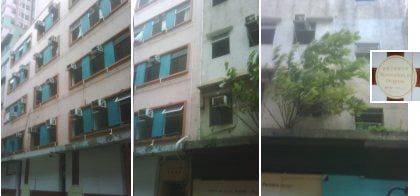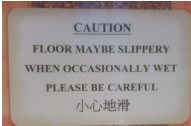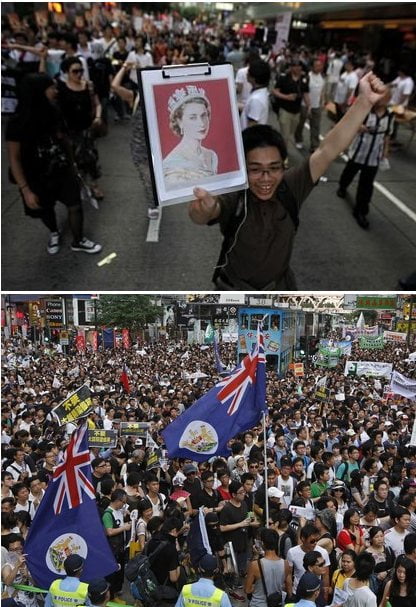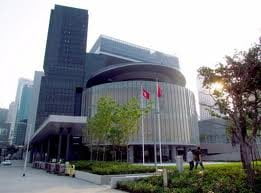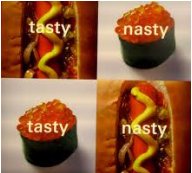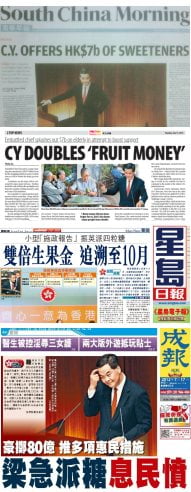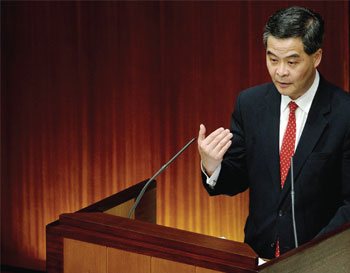It’s in the Wall Street Journal and the Financial Times, it’s in the newspapers of Washington DC and Chicago, and it’s probably everywhere else. Tens of thousands of Hongkongers and their kids march in the blazing sun to protest communist brainwashing of innocent little schoolchildren.
Common sense says the government, which has pressing housing, welfare and pollution problems to solve, should simply scrap the Moral and National Education initiative. Like so many of its incompetent predecessor’s policies, it’s a lemon – badly thought-through and badly presented. What could have been (and in many ways probably is) a minor and innocuous, largely symbolic, addition to the school curriculum is now increasing opposition to Chief Executive CY Leung and his new administration. With Legislative Council elections looming, no political party will give the local leadership much support on this issue. Incredibly, MNE is also having the effect of deepening local distrust of the national government in Beijing. It’s a mess.
But top officials are trying to sail though it as if it’s no big deal. Whip up a quick committee of stakeholders, and everything will be fine, right? The problem is that something that isn’t a big deal (like a pointless weekly class on a clumsily named ungraded subject) becomes a big deal if and when enough people believe it is one. And when 32,000/90,000 people march for a specific cause, it has become a big deal. With the protestors boycotting the committee before it has even been assembled, it is not going to revert to being a small deal.
As a patriot with Communist ties himself, CY Leung would find it difficult to back down on national education, even though it would go down well and he could blame it all on ex-CE Donald Tsang. Ironically, it may fall to Beijing’s local emissaries in the Liaison Office to give him a call and tell him to drop it, on the grounds that the plan to develop warm and fuzzy feelings towards the nation and its rulers is having the precise opposite effect.
The Washington Post quotes a lone patriot railing at the ‘British devils’ marching yesterday. The MNE affair is widening the great gap between this city’s minority pro-Beijing and majority pro-Hong Kong cultures. The grisly visage of Miriam Lau, Liberal Party candidate on Hong Kong Island, greeted commuters alighting the Mid-Levels Escalator a few mornings ago, loudly demanding a suspension of MNE. She is driven by cynical electoral reasons, plus spite for CY Leung, but she also seems to have at least a shred of sympathy with the popular fears MNE has sparked. The Liberals have always been quick to shoeshine Beijing if it might help their business, but if forced to choose, they can’t bring themselves to come out in favour of brainwashing.
Are genuinely pro-Beijing Hongkongers born or made? My hunch is that it runs in the family (patriots have long formed a distinct and often unpopular community in the Big Lychee). But I sometimes wonder how inbred a cultural condition it is. Pro-Beijing types look like pro-Beijing types. The hairstyle, the spectacles, the grumpy, defiant, slightly brutish, ill-educated look on the face. Legislator Ma Fung-kwok, now running for the United Front-dominated Sports/Culture functional constituency, is in the movie industry and so is fairly photogenic. But just look at those supporters. It’s in the DNA.


